|
Your beloved hooved family member doesn’t move as quickly as they once did, nor do they clean up their dinner as ravenously as their younger colleagues down the barn aisle still do. Observing their nightly meal, you may notice that they struggle to keep their grain in their mouth and instead offer to share some of their semi-chewed foodstuffs with you. Is this a veterinary concern, you ask? Though it might not be considered an urgent emergency, it certainly is a worthwhile topic to address with your veterinarian. When older horses can no longer chew as they once did, they begin to exhibit signs indicating to us that something may not be quite right with them orally. They may attempt to chew feed but end up dropping partially chewed foodstuff; an action called quidding. You may find that they are progressively more reluctant to clean up their breakfast or slowly becoming disinterested in food altogether. Difficulty consuming all of their calories and nutrients results in older horses having a significantly greater risk of malnourishment, weight loss, and oral infection. They may also experience an overall suppressed immune system. Horses’ teeth continuously erupt throughout their lives. Their teeth begin to expire as they age. Progressive loss of occlusive surface makes them prone to more oral problems, including:
With digestion and the ability to absorb nutrients continually diminishing with age, owners can support their aging athletes with minimal intervention at home. Transitioning your horse’s diet to more easily digestible foods, such as pellets, may be warranted if they experience difficulty chewing hay. Soaked hay cubes are another alternative source of fiber available, providing proper roughage in an easily consumable way. If chewing capabilities continue to decline, offering highly palatable and nutritionally balanced pelleted feeds with higher caloric value may allow older horses to meet adequate nutrition and satiety needs while consuming smaller volumes of food altogether. By having an annual oral examination performed on your senior horse, your veterinarian can assess your horse’s oral health and offer suggestions for better supportive measures. Using an oral speculum paired with light sedation, we can visualize the whole mouth to find abnormalities. Your veterinarian will then determine whether floating or further diagnostics and treatments are warranted.
Older horses, just like older humans, are prone to a myriad of dental woes. With diligent monitoring by the attentive owner and annual care provided by your veterinarian, many primary and painful issues can be successfully managed or altogether avoided so that your horse may live out his or her golden years pain-free.
2 Comments
This plan is intended to give trainers and barn managers recommendations for general immune support and biosecurity practices during patient travel and showing. For up to date information on current communicable disease cases, enroll in the EDCC Disease Outbreak Notification System: www.equinediseasecc.org/alerts VACCINES
DOCUMENTATIONDesert International Horse Park Requirements:
PRE-SHOW / TRAVEL
AT SHOW
POST SHOW
|
Topics
All
Archives
May 2021
|
Privacy Policy | Copyright © 2019 Starwood Equine Veterinary Services, Inc. All rights reserved.

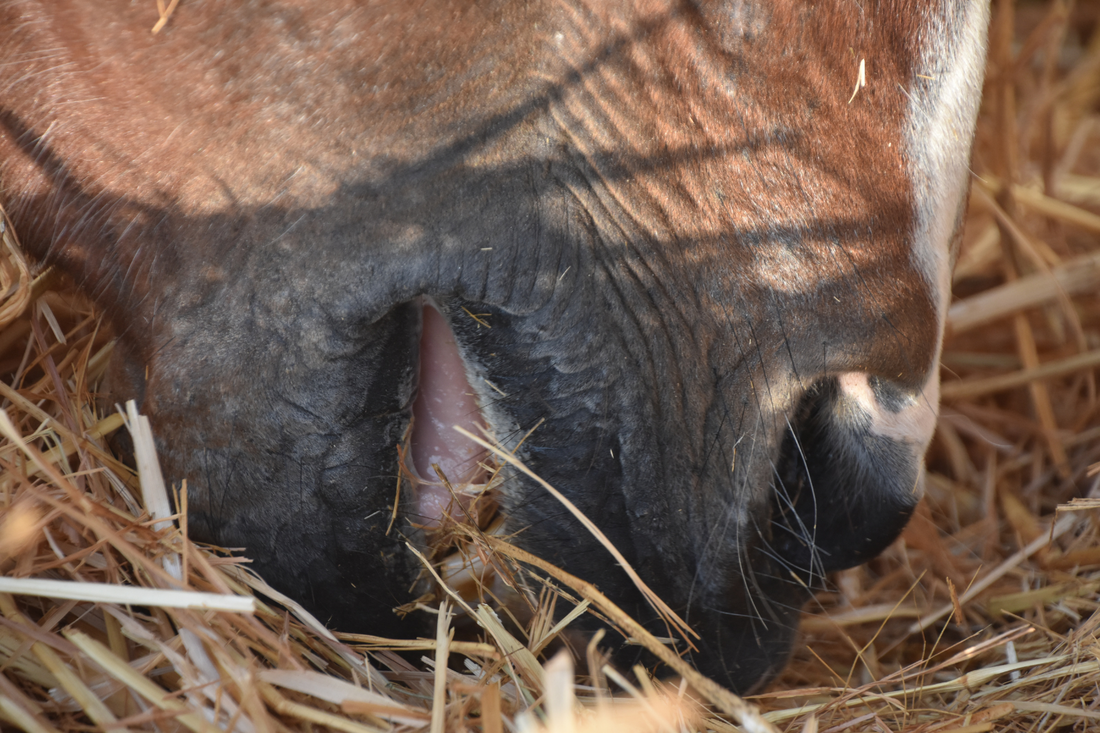
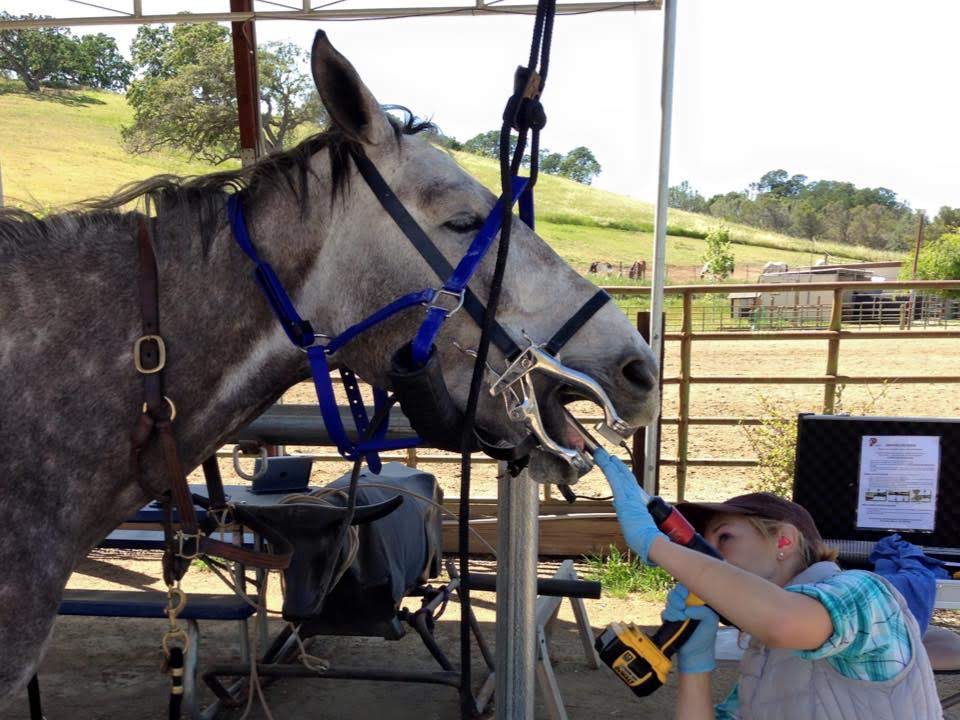
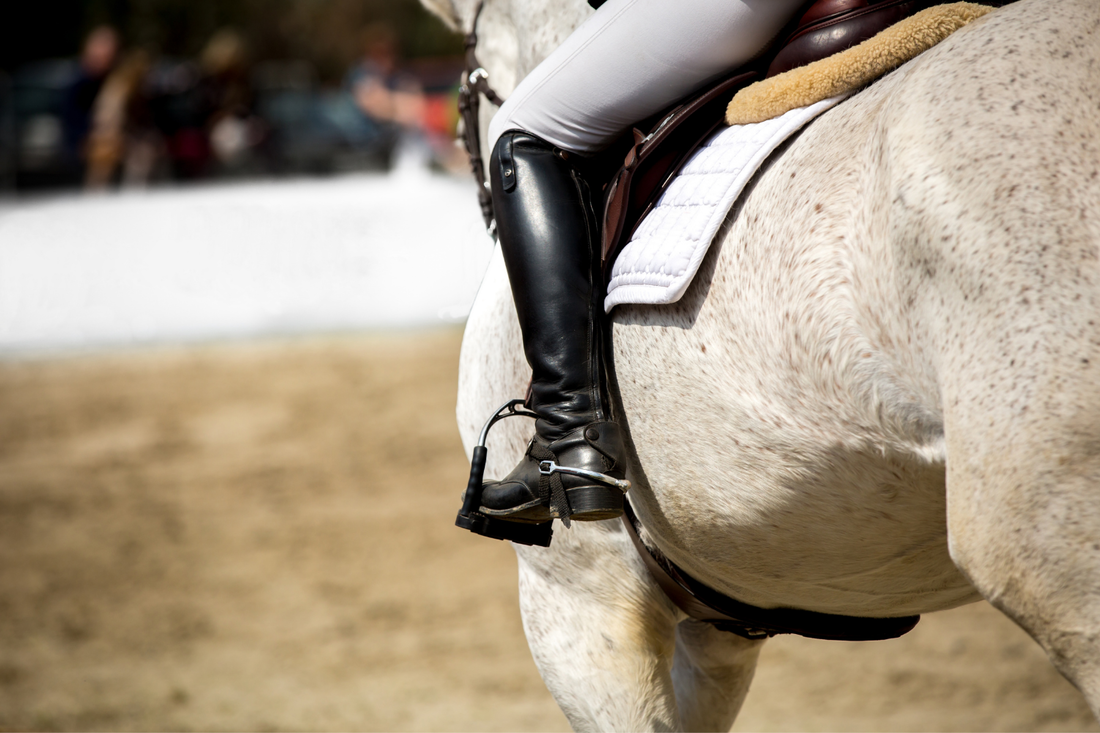
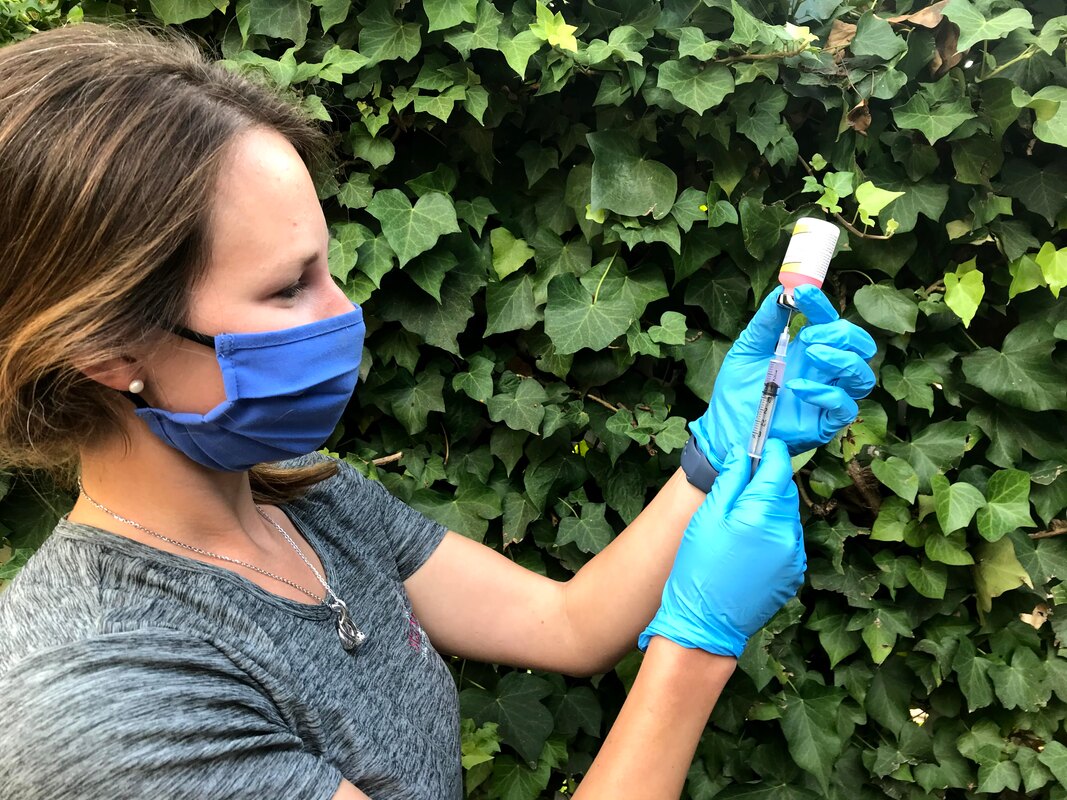
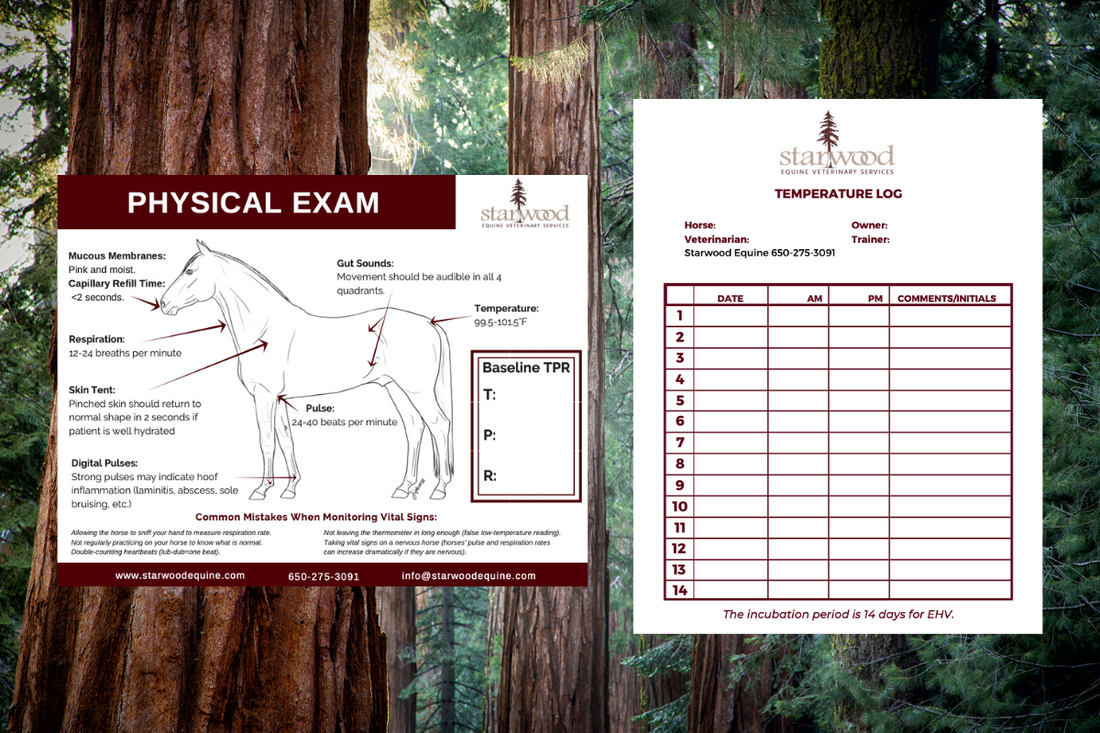
 RSS Feed
RSS Feed